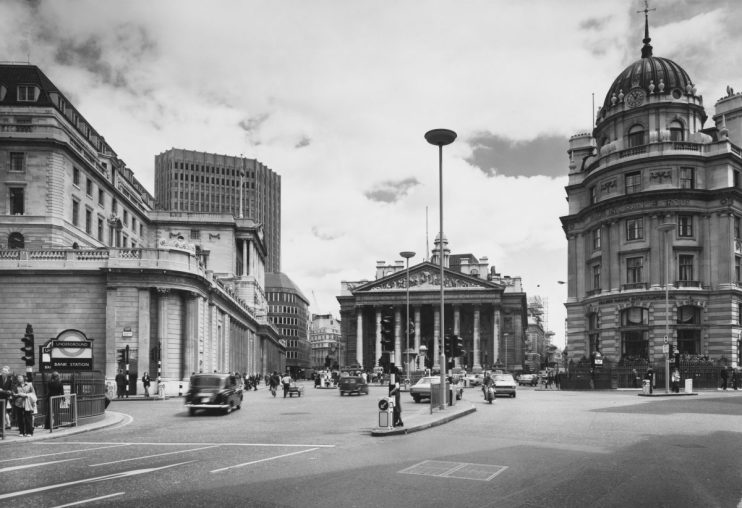The City is a financial knowledge hub, trading in ideas just as much as in goods

Despite being a hub for meaningful education, there is still too heavy a reliance on qualifications within the City, writes Lord Mayor Michael Mainelli
The Square Mile has always been a place of learning and education. Look inside Guildhall and you will see the heraldic arms, many of them medieval, of each of the City’s 111 livery companies. They were, and in lots of cases remain, stalwarts of their trades and early adopters of lifelong learning, providing apprenticeships that transferred invaluable skills and knowledge from one generation to the next, in turn ensuring London had the workforce it required to meet the needs of its populace.
Together with the New Learning sparked by Erasmus and other great humanists in the 15th Century, the foundation of Gresham College and the Royal Society in the 16th and 17th centuries, as well as the hundreds of coffee houses – or “penny universities” as they were sometimes known – that popped up in the years that followed, we have an immensely rich educational inheritance that continues to benefit us today. Our city is a global financial and knowledge hub that trades just as much in ideas as in goods.
As one of its council members, I may be biased, but undoubtedly one of the most notable institutions to emerge from that proud legacy of learning is the City and Guilds of London Institute, founded under royal patronage in 1878 by the City Corporation and 16 livery companies to develop a national system of technical education. Another, Imperial College London – a behemoth of the research world – was formed 30 years later through the merging of the Royal College of Science, the Royal School of Mines and the City and Guilds College. Together, they convened in Mansion House earlier this month to award fellowships to the Institute – an honour that recognises outstanding professional and personal achievements in industry and craft – and to discuss the future of higher education.
What’s apparent is that the nature of education is changing. In today’s world where students will undertake multiple careers that each necessitate different advanced skills, we must instead embrace a more squiggly path that sees us learn, work, relearn, keep learning and then retire. It’s that ability to retrain multiple times that is key to tackling our skills gap.
As it stands, because we are poor at assessing the sort of inferred skills individuals routinely pick up during their lifetime, we rely too heavily on qualifications. Undoubtedly, part of the UK’s productivity problem lies in this insistence on far more qualifications than are needed for many roles. We have a skills problem, yes, but also a skills recognition problem.
The future lies in a solid “3R” grounding in schools – that is, in reading, writing and arithmetic – with people piecing together more microcourses and real-life experience throughout adulthood to validate their inferred skills. Anyone questioning the demand for this form of learning need only look at the three such courses we’ve launched this mayoralty through our Ethical AI Initiative: one-day invigilated assessments that have already been taken by more than 6,000 individuals from 60 countries and 500 organisations since their launch 10 months ago.
Elsewhere, cognisant of the need to evolve with demand, the City Corporation is doing what it can to support initiatives that promote skills development, including Future Dot Now and its Workforce Digital Skills Charter, announced this week.
Picasso famously said that “every child is an artist.” I would go further and say that we are all born polymaths, interested in everything. The challenge is to harness that eagerness to discover and be curious, funnelling it into a system that encourages and supports genuine lifelong learning.
As Confucius said: “it does not matter how slowly you go as long as you do not stop.”
Michael Mainelli is Lord Mayor of the City of London